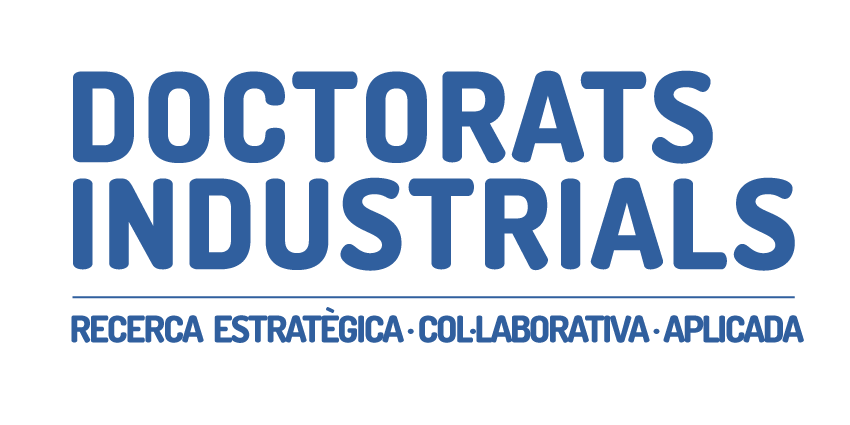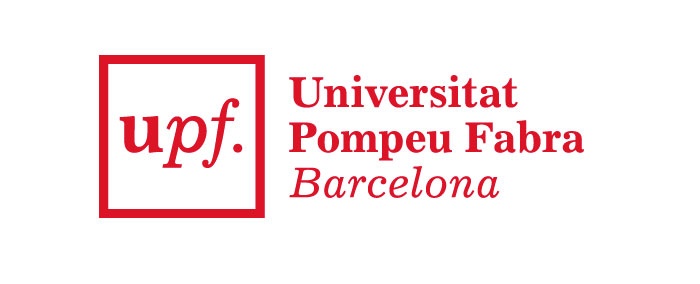Descripció del projecte
The PhD thesis will be carried out in the context of the RISK-HUNT3R project. RISK-HUNT3R, which stands for “Risk assessment of chemicals integrating Human-centric Next generation Testing strategies promoting the 3Rs,” is a European Research and Innovation project supported by the European Commission. This project aims to pioneer the development, validation, and implementation of integrated approaches that pave the path towards next-generation risk assessment (NGRA). The project will focus on the creation of innovative mechanism-based new approach methods (NAMs) exclusively utilizing in vitro and in silico techniques, with a strong emphasis on their relevance to human health. By leveraging these advanced methodologies, RISK-HUNT3R seeks to enhance the accuracy and efficiency of risk assessment while promoting the principles of the 3Rs (Replacement, Reduction, and Refinement) in animal experimentation.
In this context, this PhD research proposal focuses on the development of advanced bioinformatic tools for predicting the toxicity of drugs and chemicals, with an emphasis on their application in the pharmaceutical, biotechnological and chemical industries. To this end, the candidate will focus on the development of machine learning-based tools for the prediction of adverse effects or toxicities of drugs and chemical compounds with which humans are in contact. These methods will be based on biomedical knowledge graphs, that integrate heterogeneous sources of information, like gene-disease associations, genomic variants associated with diseases, protein interactions, and drug target data. Those in silico tools will provide valuable insights into the underlying mechanisms of toxicity at the level of affected genes, involved biological processes, and mode of action of compounds.
One of the key motivations for this investigation is the pressing need to reduce animal experimentation in industry practices. By leveraging in silico tools, it is anticipated that predictions on toxicity risk can be generated, significantly reducing the number of experiments required to be conducted on animals.
Overall, this PhD research project aims to make significant contributions to the fields of drug R&D and chemical risk assessment by developing innovative tools for predicting toxicity. By leveraging omics datasets, AI, and systems biology methods, the project seeks to enable more accurate and efficient assessments of health risks associated with drugs and chemicals, while also minimizing the reliance on animal experimentation in line with ethical considerations.



